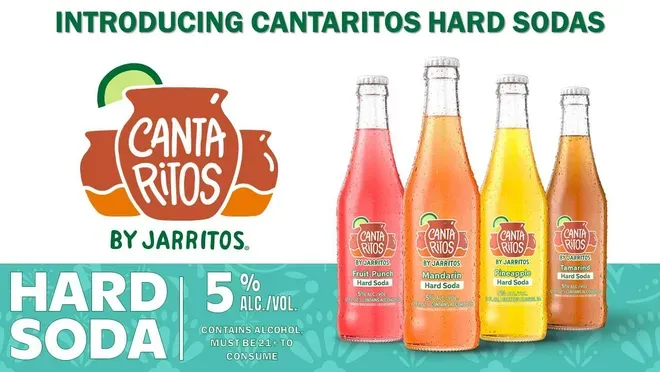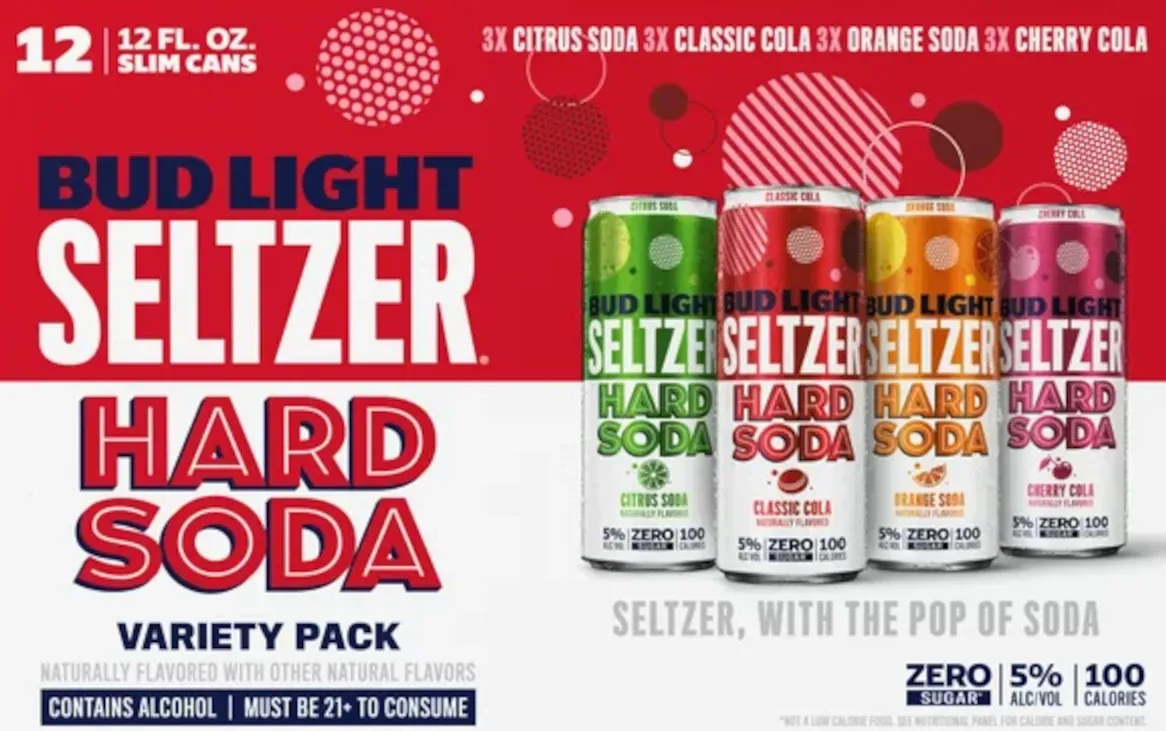Consumer groups warn that the alcohol drinks can be confused with soft drinks and fruit juice.
Hard soda has been called "flavored craft beer looking for a good time." But whatever you call hard sodas, they're alcoholic drinks, often packaged to resemble and, in many cases, taste like soft drinks or even fruit juice.
The National Consumers League (NCL) and nine other health and consumer organizations aren't happy about this, and recently called on the Alcohol and Tobacco Tax and Trade Bureau (TTB) to increase its oversight over large global soft drink brands – like Bud Light – entering the alcohol marketplace.
A fast-growing newcomer is the Jarritos line, which contains five percent alcohol. It's produced by Novamex, a leading manufacturer of Mexican brands in the United States and a top Hispanic exporter. It has partnered with Anheuser-Busch to launch the alcohol brand taking inspiration from the popular Jarritos soda flavors.

The joint letter expressed concern that without sufficient oversight, the lines between soft drinks and alcohol beverages will continue to blur and lead to more underage drinking.
“Especially since alcoholic soft drinks, which may contain 5 percent alcohol by volume or more, tend to be inexpensive, are packaged in single-serving containers and tap into young people’s connection to brands they have grown up with,” the groups wrote in the letter.
In addition to the risks posed by the packaging and marketing of alcoholic soft-drinks, there are numerous documented instances where traditional soft drink brands and their alcohol-containing versions are being placed side-by-side in store aisles, as well as instances of alcoholic products being marketed next to children’s products.
Tighter regulation may be in store
The groups are calling on the TTB to expressly prohibit soft drink companies from paying slotting fees to procure more prominent shelf space for their alcohol sodas, hard seltzers, and ready to drink cocktails, as well as look into vertical integration by soft drink makers entering the alcohol space.
“The health and safety of the nation’s teens and adolescents require regulatory firewalls that continue to ensure alcohol products are not marketed to underage consumers,” the groups added.
You can read the full letter here.

